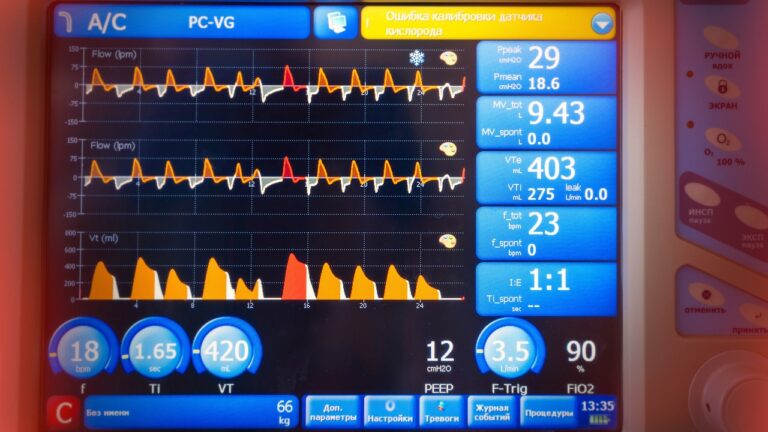Understanding the Gut-Brain Connection and Its Impact on Overall Health
The gut-brain connection refers to the bidirectional communication network between the gastrointestinal system and the central nervous system. This means that the gut and the brain are in constant interaction, influencing each other’s functions and responses. This connection is facilitated by various pathways, including the nervous system, immune system, and hormonal signaling.
Research has shown that the gut-brain connection plays a crucial role in regulating emotions, mood, cognition, and even behavior. It is increasingly recognized that disturbances in the gut can impact brain health and mental well-being. Understanding the intricacies of this connection is essential for developing holistic approaches to promote overall health and address conditions that involve both the gut and the brain.
How Does the Gut Influence the Brain?
The gut’s influence on the brain is a fascinating area of research that continues to reveal the intricate connection between our digestive system and mental well-being. The gut-brain axis, a bidirectional communication system between the gut and the brain, plays a crucial role in shaping our emotions, behavior, and even cognitive functions. This communication occurs through various pathways, including the nervous system, immune system, and the release of signaling molecules called neurotransmitters.
Moreover, the gut is home to trillions of bacteria, collectively known as the gut microbiota, that have a profound impact on brain health. These tiny organisms produce neurotransmitters like serotonin and GABA, which are essential for regulating mood and behavior. Additionally, gut bacteria play a vital role in maintaining the integrity of the gut lining, preventing harmful substances from leaking into the bloodstream and triggering inflammation that can affect the brain. By influencing immune responses, inflammation, and the production of neurotransmitters, the gut microbiota significantly contribute to shaping brain function and mental well-being.
The Role of Gut Bacteria in Brain Function
Recent research has shed light on the important role gut bacteria play in influencing brain function. The gut is home to trillions of bacteria, collectively known as the gut microbiome. These bacteria interact with the gut lining and immune system, creating a complex network that communicates with the brain through various pathways.
Studies have shown that gut bacteria can produce neurotransmitters and other molecules that can impact brain function and behavior. For example, certain bacteria have been found to produce substances that can activate the vagus nerve, a key component of the gut-brain axis. This communication between the gut and brain is crucial for regulating mood, cognition, and even aspects of mental health.
What is the gut-brain connection?
The gut-brain connection refers to the bidirectional communication between the gut and the brain, where the two organs are constantly sending signals to each other.
How does the gut influence the brain?
The gut influences the brain through various mechanisms, including the production of neurotransmitters, the immune system, and the gut microbiota.
What is the role of gut bacteria in brain function?
Gut bacteria play a crucial role in brain function by producing neurotransmitters, regulating inflammation, and influencing mood and behavior.
How can I improve the health of my gut bacteria?
You can improve the health of your gut bacteria by consuming a diverse range of fiber-rich foods, probiotics, and prebiotics, as well as minimizing the intake of processed foods and antibiotics.







